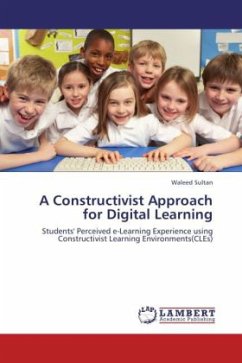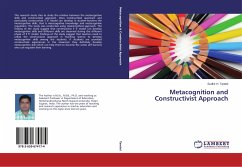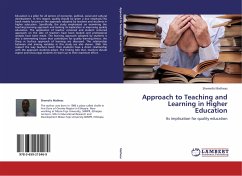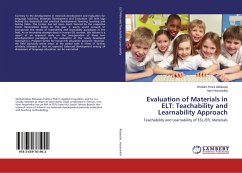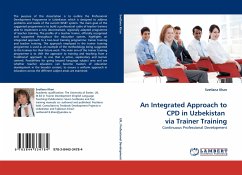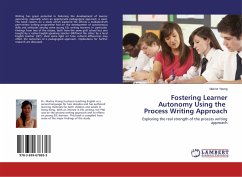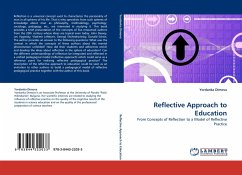Introduction of ICT and multimedia technology in pedagogy has led to a significant impact on instructional strategies and methods of information communication to students. The study modified the original Constructivist Learning Environment Questionnaire (CLEQ) which was originally developed by (Taylor, 1994). Findings led to CLEM which explains how different constructivist learning factors (personal relevance, uncertainty, critical voice, shared control, and student negotiation) for 1:1 e-learning influence students perceived e-learning outcome. The study proposed a new version of CLEQ (a Malaysian version), as a valid and reliable instrument. The CLEM could be used as a valuable tool to assist future researchers and teachers in determining to what extent constructivist epistemology and learning practices are consistent in classroom learning environments. In addition, the theoretical framework of this study identified different barriers to the implementation of constructivist learning within Malaysian schools, and how the framework contributes to the implementation of constructivist learning that promotes students development and encourages learning outcome.
Bitte wählen Sie Ihr Anliegen aus.
Rechnungen
Retourenschein anfordern
Bestellstatus
Storno

